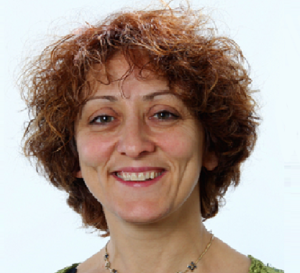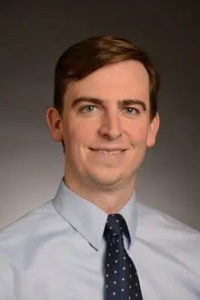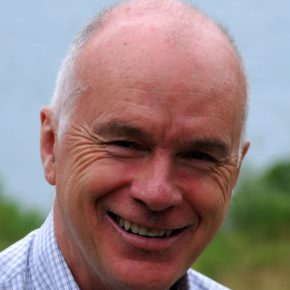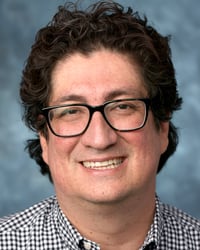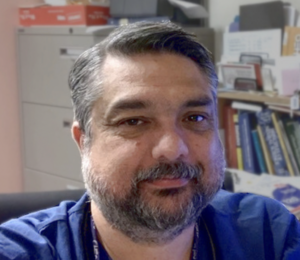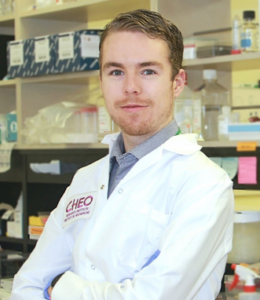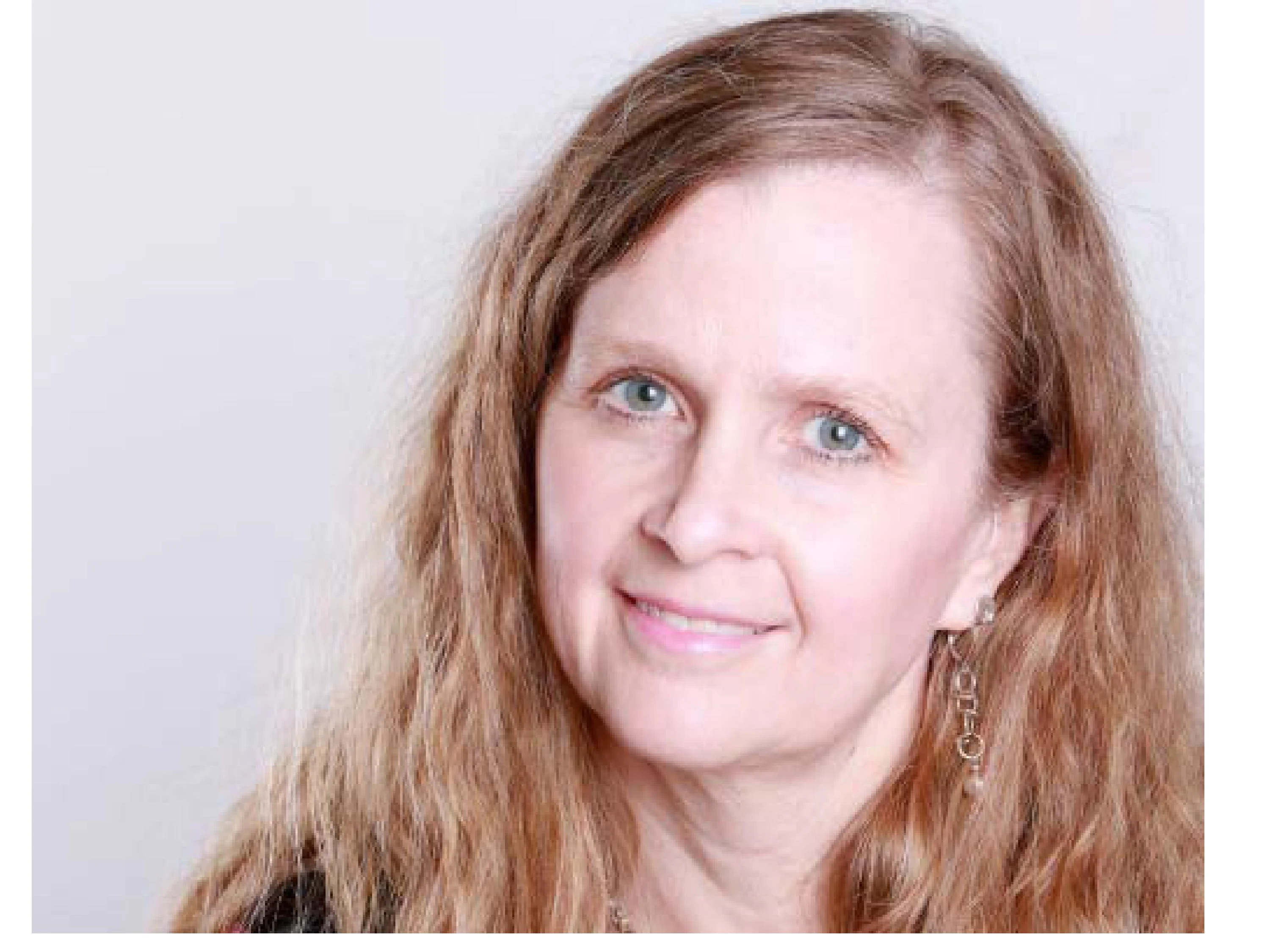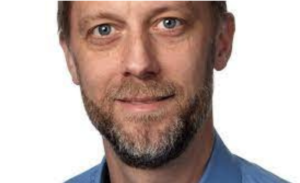Research Details
In just a few short years, there have been great advancements in research on DLG4, PSD-95, and SHINE Syndrome. Currently, teams of doctors and researchers from around the world are working on unraveling the natural history of DLG4 Synaptopathy, its effects on patients, and development and testing of treatments. This section highlights some of the current and future research initiatives, existing articles, and introduces some of the many researchers involved in the community.
Research Initiatives
SHINE Syndrome Foundation is actively looking for opportunities to fund research about DLG4 Synaptopathy and potential treatments. We have several initiatives in progress and plan to continue pursuing new opportunities as they arise. Below are the current and planned research activities
Current Activities
AAVs, or Adeno-Associated Virus Vectors, are one potentially viable treatment option for DLG4 Synaptopathy. AAVs have been used to successfully treat other neurodegenerative disorders and may be well suited for SHINE Syndrome. We are working on an AAV in conjunction with the Hope for Harvey Foundation at Hebrew University. Find our more or donate here.
Dr. Zeynep Tumer and her team, including Amanda Levy and Dr. Kristian Stromgaard, are studying the natural history of DLG4 Synaptopathy to better understand the expected traits of the disease, protein interactions, how missense variants act, and how to effectively treat the disease.
A team of researchers in Denmark is compiling EEG and clinical data from treating neurologists for SHINE patients with and without epilepsy in order to study commonalities. Data collection for this study is complete, and publication is expected in 2023.
As part of registry participation, Simons Searchlight is collecting biospecimens from patients and will develop some iPSC lines to be used in research for the disease. iPSC lines are a critical step in building cell models to study this disease and cellular functions.
The Hope For Harvey Foundation has begun work to develop an ASO (Antisense Oligonucleotides) therapy. ASO treatment typically involves targeting RNA to suppress or correct the expression of mutated genes. It is hypothesized that SHINE patients with a GoF (Gain of Function) mutation might benefit from an ASO treatment approach.
Planned Activities
With a host of different treatment and research possibilities, it is important to understand which options are best suited for the DLG4 gene. Studies here would focus on identifying the treatment options with the highest likelihood of success for the greatest number of patients in our community. It is likely we will need an ASO, AAV, and a pharmaceutical option to treat the different variants present in the DLG4 community.
Traditional treatments for genetic disorders involve utilizing existing drugs in new ways. This is only possible after potential compounds are tested against cell lines and confirmed to be successful without unwanted results. Research in this area will identify what, if any, existing medications can be used to improve the lives of patients with SHINE Syndrome.
Researchers in Denmark are looking for clinicians to administer the in-person interviews for the natural history study in order to gather the remaining data needed to characterize SHINE Syndrome.
Recent Publications
Various groups have published research on the DLG4 gene, PSD-95, and SHINE Syndrome. The most recently published articles are below, or our Articles page includes a collection of all publications we’ve been able to find on this disease.
Neurodevelomental Disorders Associated with PSD-95 and Its Interaction Partners, June 2022
Amanda M. Levy, Paulino Gomez-Puertas, and Zeynep Tümer
Diversity of synaptic protein complexes as a function of the abundance of their constituent proteins: A modeling approach. Jan 2022
Miski M, Keömley-Horváth BM, Rákóczi Megyeriné D, Csikász-Nagy A, Gáspári Z (2022) PLOS Computational Biology 18(1): e1009758. https://doi.org/10.1371/journal.pcbi.1009758
DLG4-related Synaptopathy: a new rare brain disorder, Feb 2021
Agustí Rodríguez-Palmero et al.
Our Medical and Scientific Advisory Board
SHINE Syndrome Foundation would not be able to pursue research or provide details on DLG4 Synaptopathy and its functions without the help of experienced medical professionals. We are extremely grateful to have made contact with a global team of clinicians and researchers who are interested in our community and helping us find answers. Visit our Medical Board page or click the images below to meet our current medical and scientific advisory board members.
